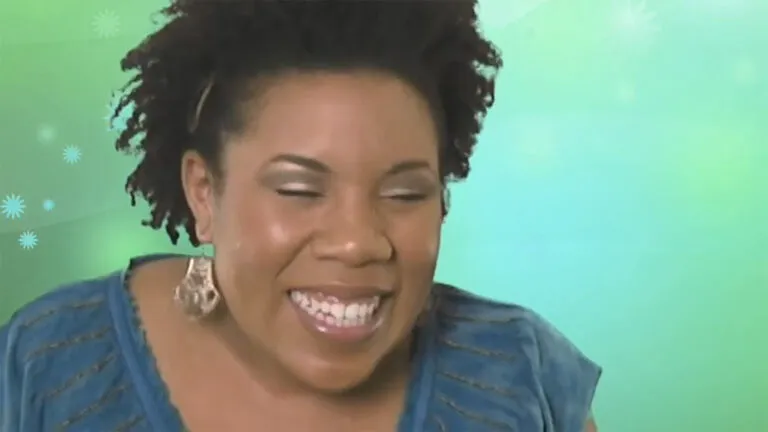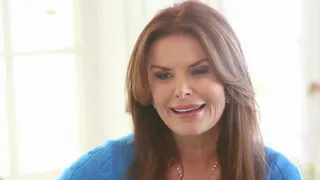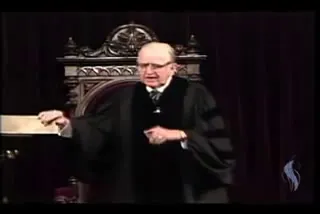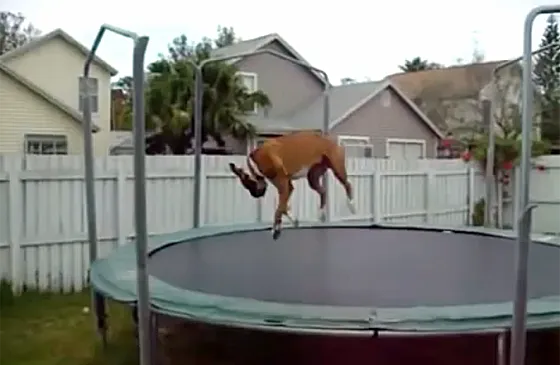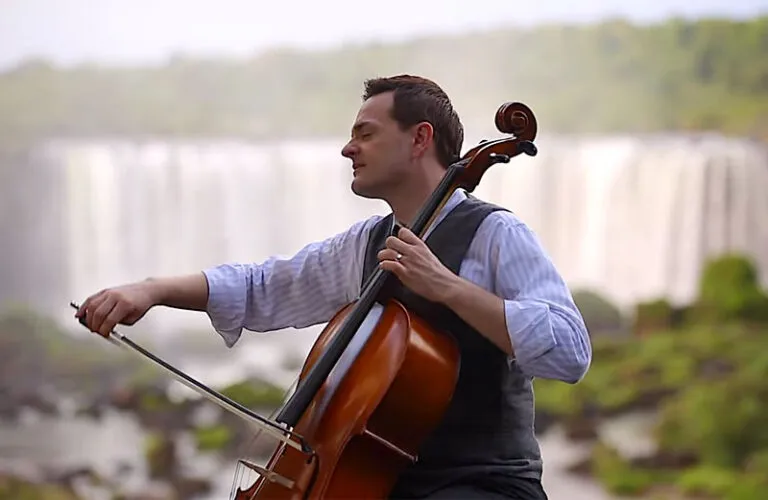
Pets as Caregiving Companions
In this video, three people discuss the caregiving role their pets played in their households.
View Transcript
Edwina Perkins and Beethoven
Hello Guideposts. My name is Edwina Perkins, and this is Beethoven.
My mother-in-law came to live with our family because she had been diagnosed with Alzheimer’s and had finally reached a point when she could no longer live by herself.
Beethoven was 11 months old and I noticed that right after she moved in, he began protecting her by following her around.
Oh, I so believe that Beethoven at this point was destined to be in our family. The children were young. We had a puppy, and then all of a sudden, we had a person in our house with Alzheimer’s. I didn’t know how I was going to do it and I felt like all the responsibility was going to fall on me. But this little guy came through, and he shared the responsibility with me by keeping an eye on my mother-in-law.
He was her guardian angel. I just know it, because had he not whimpered under our bedroom door, she could have walked down the stairs and out the door, and I would have never known it. But in the middle of the night, whenever he would whimper, I would get up and I would find her in the hallway. He helped take care of her in so many ways.
Once my mother-in-law had to leave, he would sit at the top of the stairs outside of her bedroom door and just wait, because every night we would tuck her in and he would wait while we did so. Right after she left, he stayed at the top of the stairs for about three days until he realized she was gone.
Just watching her pet him, absent-mindedly, I knew he loved her, and I knew she loved him. And it was what we needed because having her move in was a huge adjustment. I think Beethoven made it easier for all of us.
Donna Winningham and Sherlock
Hello Guidepost friends. I’m Donna Winningham, and this is my friend, my African gray parrot, Sherlock. I’ve had him for about five years. I decided I wanted to get a bird that was really smart, and Sherlock fits the bill.
My mom came to live with us after my dad died. Kind of felt like she was taking care of Sherlock, if I was at work or my husband was gone. She would feed him; she liked to feed him. She would call us if he flew off the roost and let us know that he needed help. Sometimes she would even walk over in her walker and pick him up and put him back on his roost.
That was really special. I think it was a good little companion for her. Although we never really planned it that way, but in the long run, looking back, after she died, looking back, I think, yeah, that was really good for her. It gave her a sense of purpose.
The TV would be on. They’d be watching Dr. Phil or the news or whatever, and he would make the sound of the ringtone of the phone and then say “Hello,” and he pops the of a can every now and then and goes, “Oh boy!”, like he’s just had a drink of something really good. Just all kinds of crazy, little amusing things that a parrot will do.
I’d say he misses her. She was here for about 15 months, I guess before she went to live in a different facility. I feel like he served a purpose. I think it was probably providential. At the time, I may not have thought that, but looking back, you kind of see things differently. We have some great memories with her here, and Sherlock’s part of that
Monica Morris and Punkin
Hi Guideposts. My name is Monica Morris, and I’m here to tell the story about the relationship—the unlikely relationship—between my dad and our cat, Punkin. My dad found Punkin in the barn when he was out doing chores. Punkin had been abandoned. He was just a little kitten, and we assume his mom had abandoned him. And Dad just kind of took him under his wing, and fed him and took care of him, and Punkin became his lifelong companion.
He would follow my dad out to the barn every day, and when Dad took off on the tractor or in the truck, my Punkin would just go out to the porch and wait for Dad to come home. And later on in life, when he became an indoor kitty, and he would sit on my dad’s lap or my mom’s lap and keep them company. He was always there for them.
We were all worried about Punkin after Dad died, because he was grieving and he wasn’t eating. And we really—Punkin in our minds kind of represented that my dad was still with us, and we were afraid of losing him, too.
Punkin would wait for my dad to come home. He would sit on my dad’s kitchen chair and wait for him, or he’d sit up on the table and stare at the chair. And once he became accustomed to the idea that my dad wasn’t coming back, he would sit with my mom again like he used to.

